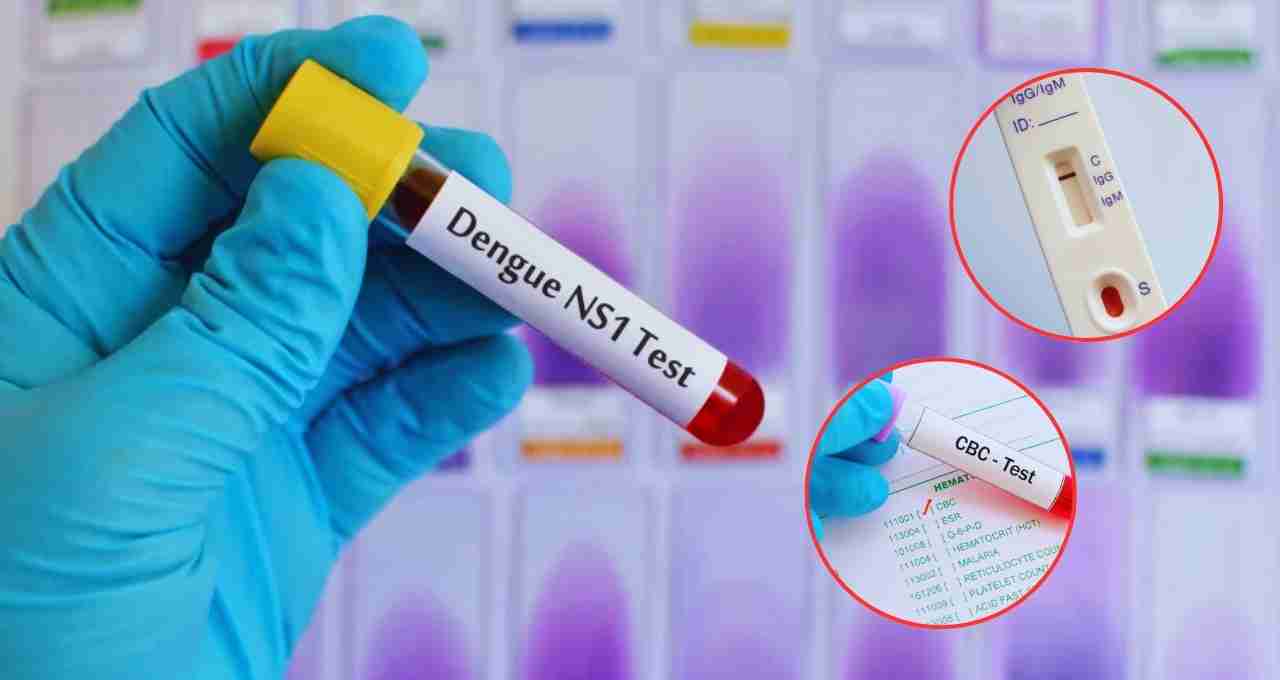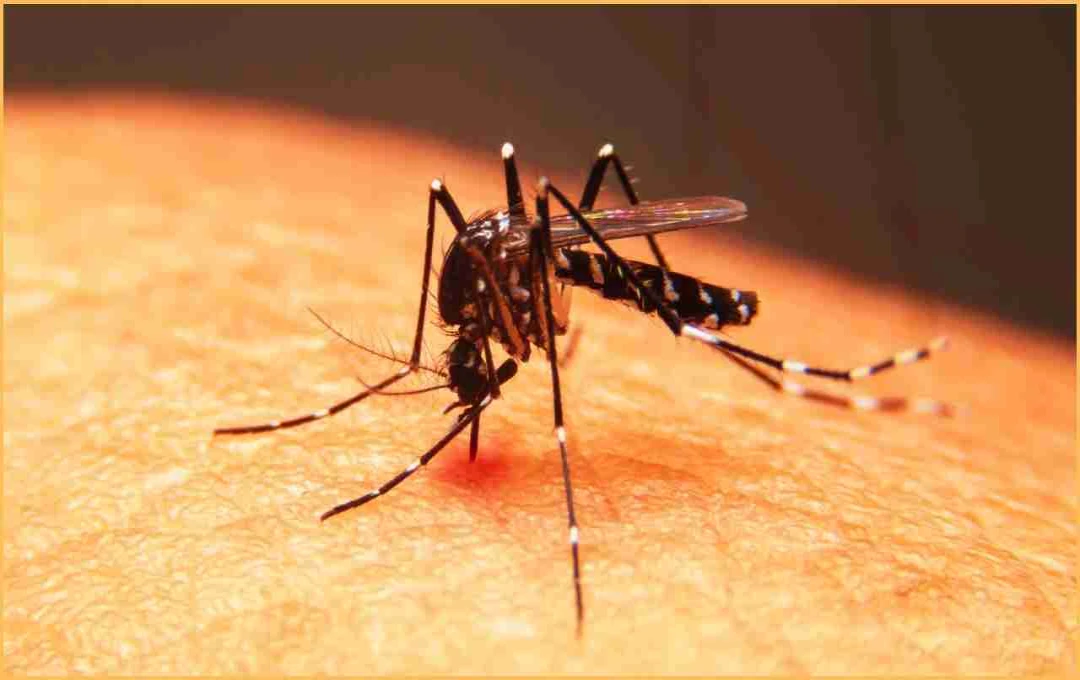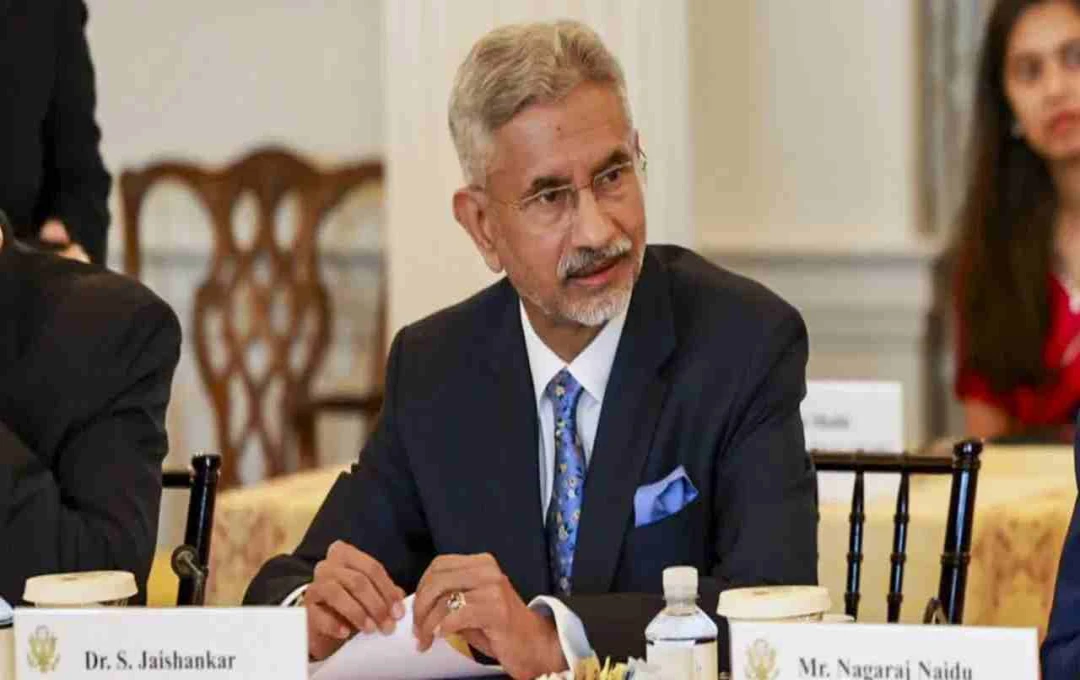With the arrival of the monsoon rains, Delhi is once again facing a surge in illnesses. Dengue, in particular, which makes its presence felt every year during this season, is rapidly spreading in the capital. According to recent reports, Delhi has already recorded 277 cases of dengue, along with 124 cases of malaria and 18 cases of chikungunya. These figures clearly indicate that there is no time for complacency.
Last year, dengue claimed the lives of 11 people, and if precautions are not taken in time this year, the figures could become even more alarming. Dengue is a viral infection transmitted by the bite of the Aedes aegypti mosquito. These mosquitoes bite during the day and breed in stagnant, clean water. It is essential that we understand the symptoms, remain vigilant, and seek timely treatment.
What is Dengue and How Does it Spread?
Dengue is a mosquito-borne viral fever that typically spreads during the monsoon season. When a dengue-infected mosquito bites a healthy person, the virus enters their body, and symptoms begin to appear within a few days. Dengue can be caused by four types of viruses – DENV-1, DENV-2, DENV-3, and DENV-4. If a person gets infected with a different type of virus after a previous infection, the dengue can take a more dangerous form, known as dengue hemorrhagic fever.
Key Symptoms of Dengue

The symptoms of dengue may initially seem like a common viral fever, but it can be risky to take these symptoms lightly. Let's look at the symptoms that may indicate dengue:
- High fever (above 38-40 degrees Celsius) that persists for more than 2 days
- Headache, especially behind the forehead and eyes
- Severe muscle and joint pain (also known as break-bone fever)
- Loss of appetite, nausea, and vomiting
- Red rashes or spots on the skin
- Extreme fatigue and weakness
- Difficulty breathing or coughing
- Severe abdominal pain or persistent restlessness
If 3 or more of these symptoms are present, it is important to consult a doctor immediately.
When Can the Condition Become Serious?
In severe cases of dengue, the blood platelet count drops rapidly, which can prevent blood clotting and lead to internal bleeding. If treatment is not received in time, it can be fatal. Symptoms of severe dengue include:
- Bleeding from the gums or nose
- Blood in urine or stool
- Fainting or dizziness
- Cold hands and feet
- Rapid breathing
This condition is considered a medical emergency, and immediate hospitalization is necessary.
How is Dengue Confirmed?

If dengue is suspected, doctors usually order blood tests. The main tests include the following:
- NS1 Antigen Test – Confirms dengue in the first 5 days
- IgM and IgG Antibody Tests – For confirming infection at a later stage
- CBC Test (Complete Blood Count) – To check the number of platelets and white blood cells
Based on these tests, the doctor determines the appropriate treatment.
Preventive Measures for Dengue
There is no specific vaccine or antiviral medication for dengue. Treatment is based on managing the symptoms. Therefore, prevention is the best approach:
- Do not allow water to accumulate in and around the house, especially in coolers, flower vases, old tires, buckets, etc.
- Wear full-sleeved clothing during the day
- Use mosquito nets and repellents to avoid mosquito bites
- Install screens on windows and doors
- Do not take medicines on your own if you have a fever, especially painkillers (such as ibuprofen)
What to Do If You Get Dengue?
If dengue is confirmed, there is no need to panic, but complete rest is necessary as per the doctor's advice. Important aspects of home care include:
- Drink plenty of fluids – such as coconut water, soup, and electrolytes
- Eat a balanced diet and avoid weakening the body
- Take only paracetamol for fever (as advised by the doctor)
- Reach the hospital in time if platelets decrease
Dengue cases are increasing in Delhi, and this is the time to be cautious. If you or someone you know is experiencing dengue symptoms, get tested without delay. Ignoring the symptoms can be dangerous for your health and the health of your family.















